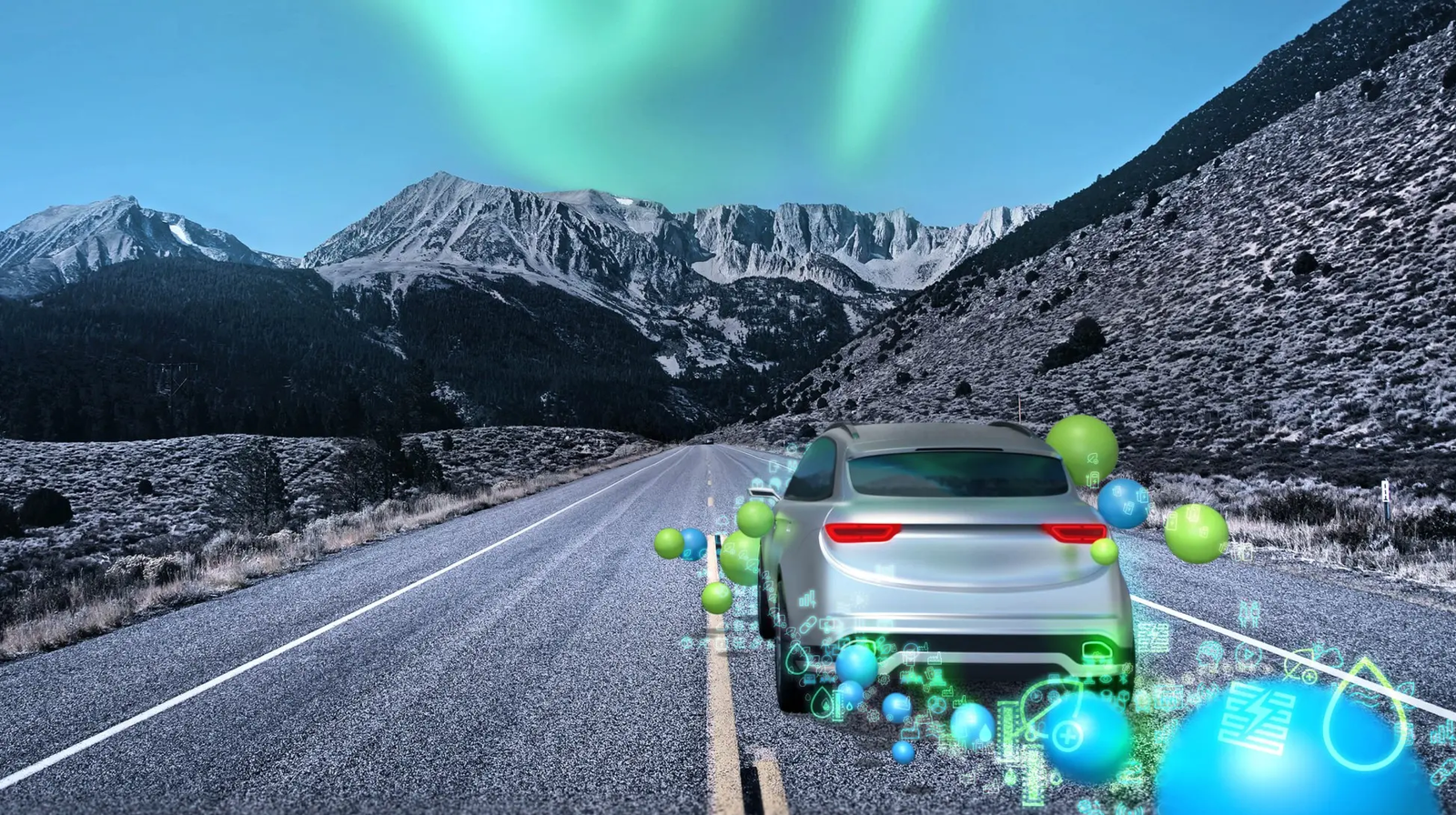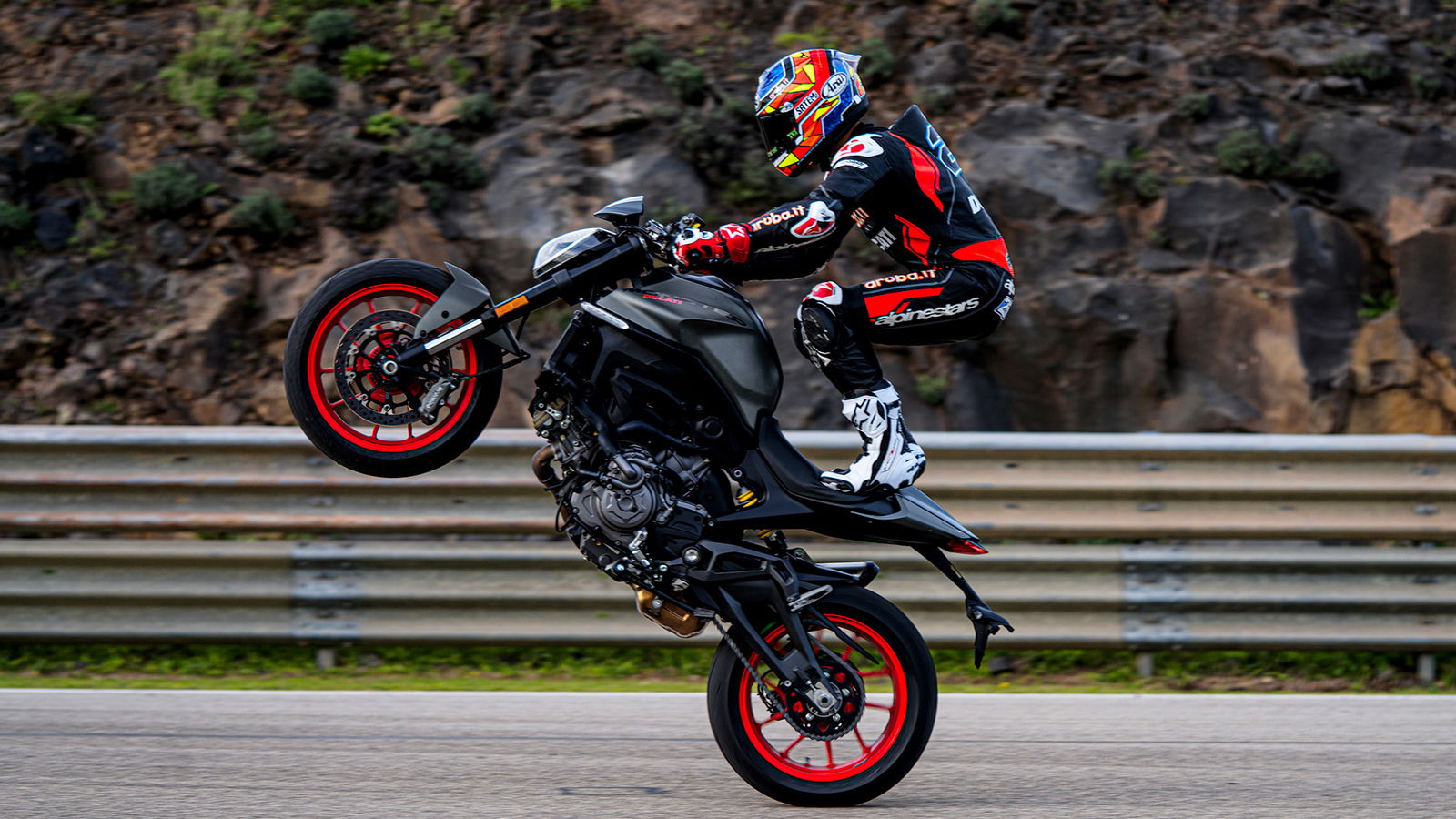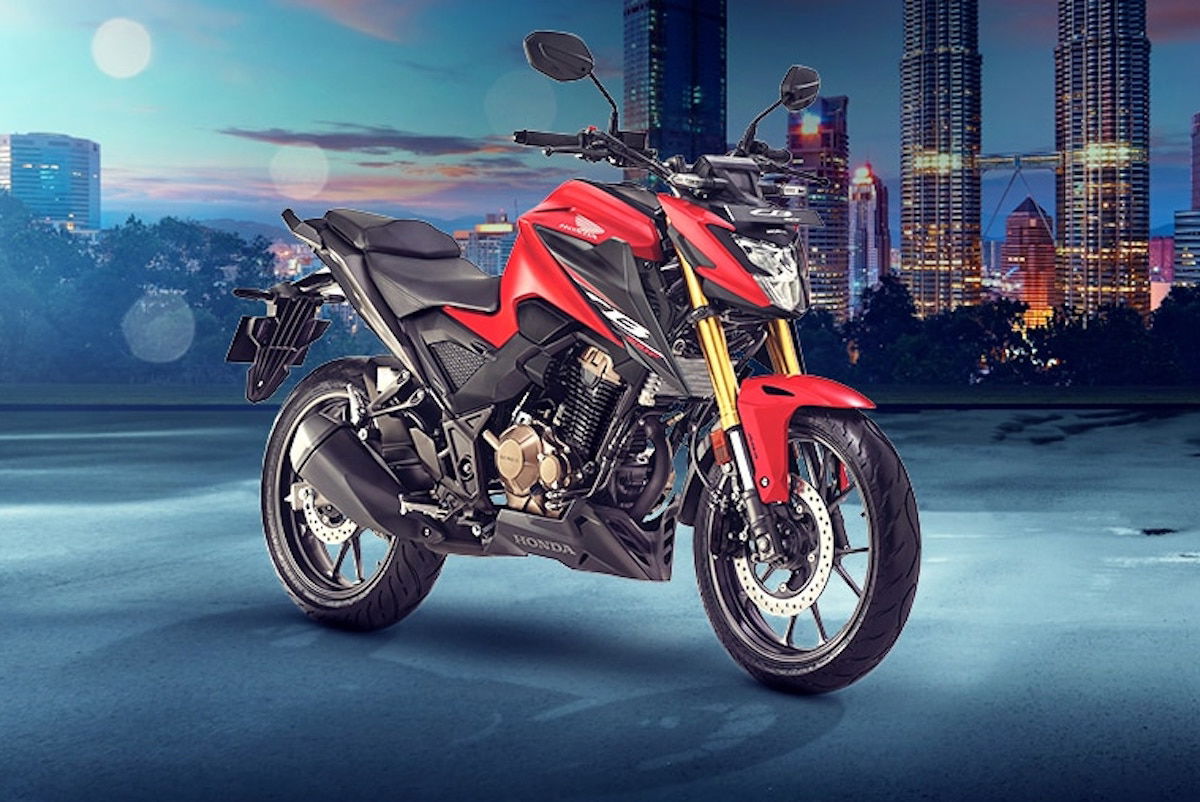TVS Motors files patents for hydrogen-electric scooter, iQube
TVS Motors has filed patents for the iQube, an electric scooter that would use a hydrogen fuel cell, rather than a battery, to generate electricity.

It seems strange to describe a method of powering a vehicle by electricity as ‘traditional’ but there is certainly one (almost) universally agreed way to achieve this.
Essentially, this is that chemicals stored in a battery can be used to generate electricity which can be used to power a motor that drives the wheel or wheels of the vehicle - a motorcycle, for example - in which the battery and motor are.

However, there are alternatives. Particularly, hydrogen fuel cells. In this case, hydrogen and oxygen gases are supplied into either ends of the cell. There is an electrode at either end of the cell - a cathode (positive charge, receives oxygen) and an anode (negative charge, receives hydrogen).
Between the two electrodes is a membrane which allows only positively-charged hydrogen ions (protons) to pass through it, which means the remaining electrons in the anode can only reach the cathode via an external circuit. This creates the flow of electricity, and when the electrons reach the cathode they combine with the protons and oxygen to create water.
In the case of a vehicle, the only thing expelled from the fuel cell is the aforementioned water. What to do with the water is an interesting question.
It could exit the vehicle via an exhaust, in which case it would of course eventually become rain. An alternative is to harvest the water produced in the fuel cell and then use electrolysis to separate it back out into oxygen and hydrogen, in which case it could then be reused to power the fuel cell. The question here is how much water are you producing per kilometre.
From a manufacturing point of view, the complication with fuel cell technology is that it is much more expensive than a battery, which is why the small manufacturers creating electric bikes still use batteries, and the development of fuel cells is left to the major manufacturers.

Such a manufacturer is TVS Motors, the owner of Norton, who according to Motociclismo has recently filed a patent for its own hydrogen fuel cell scooter.
It is called the iQube, and stores the hydrogen in the front, vertical part of the scooter, while a traditional battery is used to store energy collected through regenerative braking.
There is not yet a release date for the iQube, nor a price, but this is about as close as we have come so far to a hydrogen fuel cell motorcycle being mass produced.

